You’ll have to forgive my inner geek in this post, but there is some truly exciting news from Infineon Technologies. In their most recent blog post, they have introduced a new eco-friendly and recyclable technology called Soluboard. Soluboard is a type of printed circuit board (PCB). Think of PCBs like the brains behind all of our electronic devices, helping them work properly. They are found in pretty much everything we interact with in our daily lives. Items like smartphones, washing machines, and hobs all have PCBs in them.
What is truly exciting about the Soluboard is that it’s made from natural fibres and a special kind of polymer that is safe for the environment. This is huge because by using this new plant-based material, Infineon is helping to reduce the harmful impact on our planet, making the electronics industry more sustainable. E-waste is a huge problem that we have in our world with over 50 mil of e-waste generated per year. So the fact that there is a potential solution to our huge e-waste problem is a thrilling innovation.
♻️ We are adopting Soluboard®, a #recyclable & #biodegradable printed circuit board substrate based on natural fibers. It was designed by @JivaMaterials & the #organic structure allows the components of devices to dissolve when immersed in hot water. More: https://t.co/3yLMC5cuGh pic.twitter.com/mnWjPbSok7
— Infineon (@Infineon) July 28, 2023
Infineon also announced that they are making power devices reusable. That means that instead of just chucking them, we can take things apart and reuse them continuously in different machines or technology. This not only saves on e-waste but it also means that precious metals like gold and copper can be more easily reused in other components. They are able to do this by using a special type of recycling that involves processing the use of water to separate out key components.
By using Soluboard, exploring more sustainable practices and further developing into sustainable technologies, Infineon shows that it is possible to have a cleaner and more responsible electronics industry. As this all falls in line with the EU’s agenda to be E-Greener by 2050 this is all really good news for everyone.

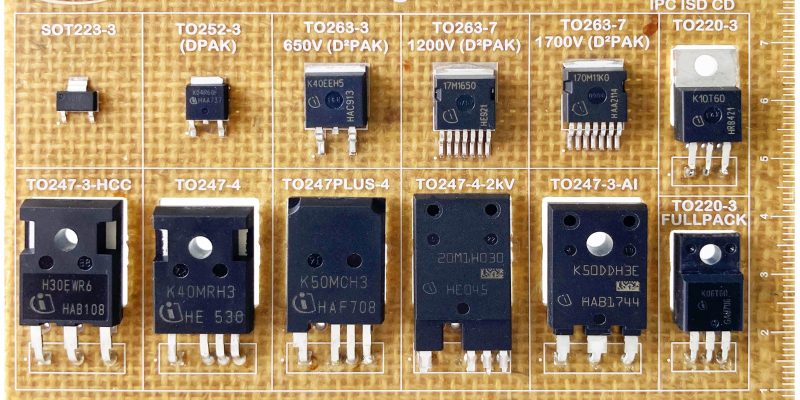


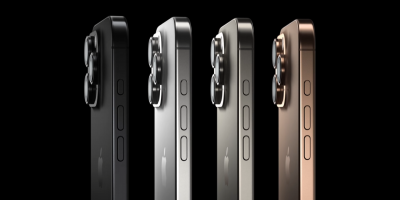
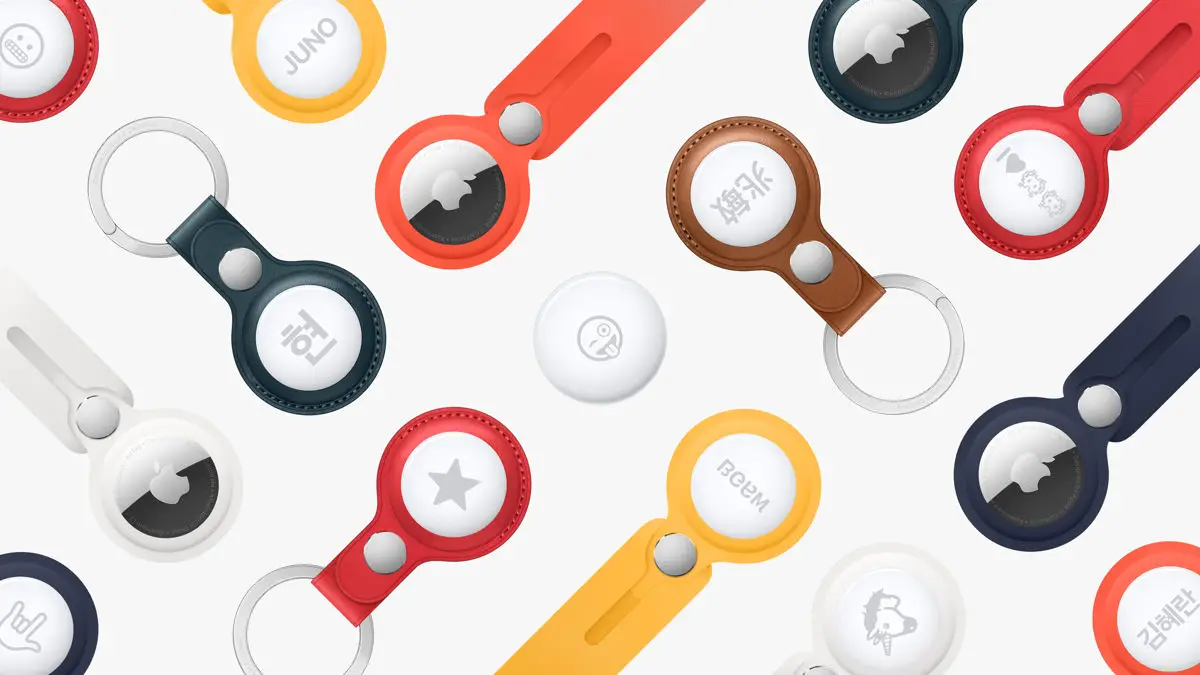
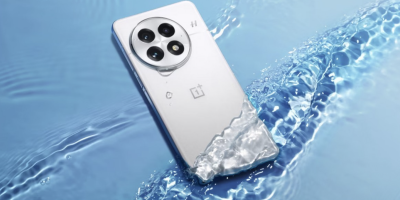
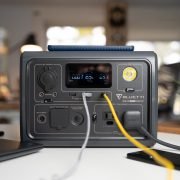

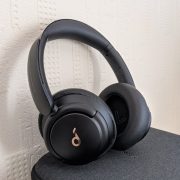

Comments